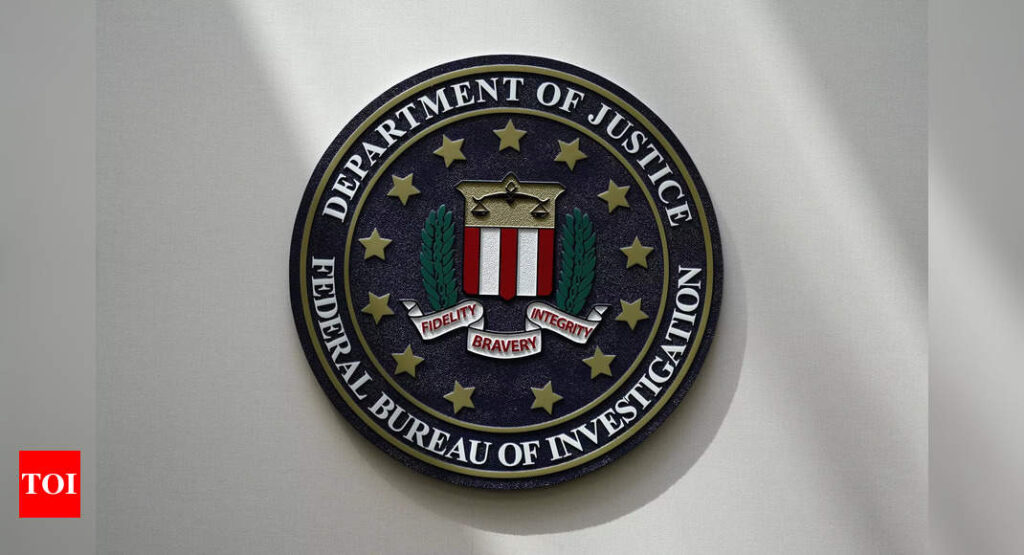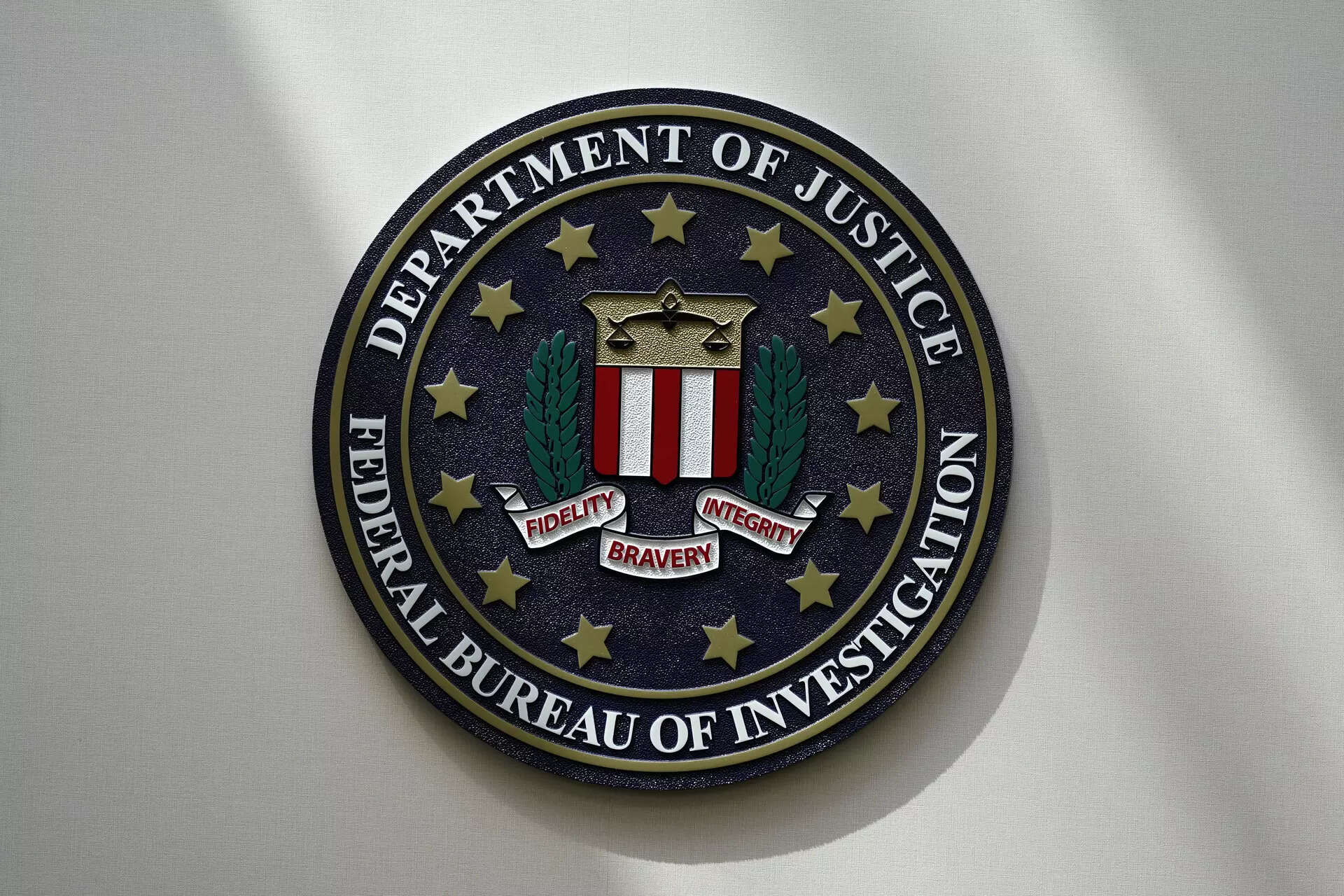[ad_1]
In our increasingly connected world, the threat of cybercrimes looms large, necessitating vigilance and awareness from all digital users. The Federal Bureau of Investigation (FBI) has provided a concise set of cyber safety tips to help you safeguard your online presence effectively.
1. Keep software updated: Ensure your operating systems and software are regularly updated with security patches to plug vulnerabilities that hackers may exploit.
2. Install a strong antivirus program: Invest in reputable antivirus software to detect and remove malware and viruses that could compromise your device.
3. Use caution on public Wi-Fi: Avoid sensitive transactions on unsecured public Wi-Fi networks. If necessary, use a virtual private network (VPN) to encrypt your connection and protect your data.
4. Create strong passphrases: Replace simple passwords with unique, complex passphrases that are difficult for others to guess. Change them regularly for added security.
5. Enable multi-factor authentication (MFA): Whenever possible, activate MFA for your online accounts, adding an extra layer of protection by requiring a second form of verification.
6. Verify emails and URLs: Before clicking on links or responding to messages, scrutinize sender email addresses and website URLs for red flags like misspellings or suspicious domains.
7. Beware of unsolicited messages: Exercise caution with unsolicited emails and texts, avoiding clicking on links or downloading attachments from unknown sources, as they are often used to spread malware.
8. Be Mindful of personal information: Refrain from oversharing personal details on social media and online profiles, as cybercriminals can use this information to guess passwords or security question answers.
9. Reject urgent money requests: Be skeptical of sudden, urgent money requests from unknown individuals or organisations. Verify their legitimacy independently before making any payments.
1. Keep software updated: Ensure your operating systems and software are regularly updated with security patches to plug vulnerabilities that hackers may exploit.
2. Install a strong antivirus program: Invest in reputable antivirus software to detect and remove malware and viruses that could compromise your device.
3. Use caution on public Wi-Fi: Avoid sensitive transactions on unsecured public Wi-Fi networks. If necessary, use a virtual private network (VPN) to encrypt your connection and protect your data.
4. Create strong passphrases: Replace simple passwords with unique, complex passphrases that are difficult for others to guess. Change them regularly for added security.
5. Enable multi-factor authentication (MFA): Whenever possible, activate MFA for your online accounts, adding an extra layer of protection by requiring a second form of verification.
6. Verify emails and URLs: Before clicking on links or responding to messages, scrutinize sender email addresses and website URLs for red flags like misspellings or suspicious domains.
7. Beware of unsolicited messages: Exercise caution with unsolicited emails and texts, avoiding clicking on links or downloading attachments from unknown sources, as they are often used to spread malware.
8. Be Mindful of personal information: Refrain from oversharing personal details on social media and online profiles, as cybercriminals can use this information to guess passwords or security question answers.
9. Reject urgent money requests: Be skeptical of sudden, urgent money requests from unknown individuals or organisations. Verify their legitimacy independently before making any payments.
[ad_2]
Source link











More Stories
Google Maps: Three privacy features coming to Google Maps on Android, iPhones
Most-Downloaded IPhone App: This Chinese app was the most-downloaded iPhone app in the US in 2023
Ukraine’s largest mobile operator goes offline for millions of users after cyber attack